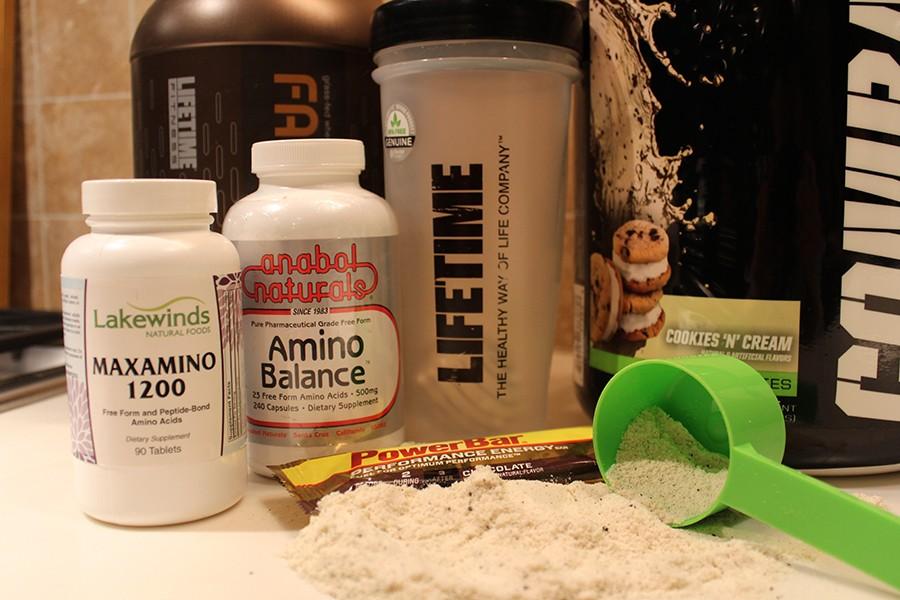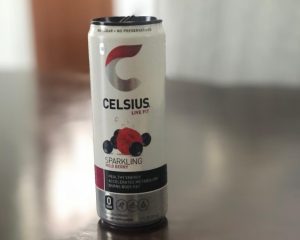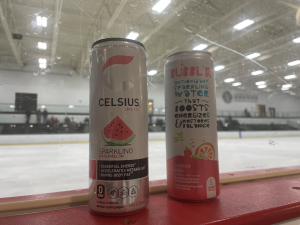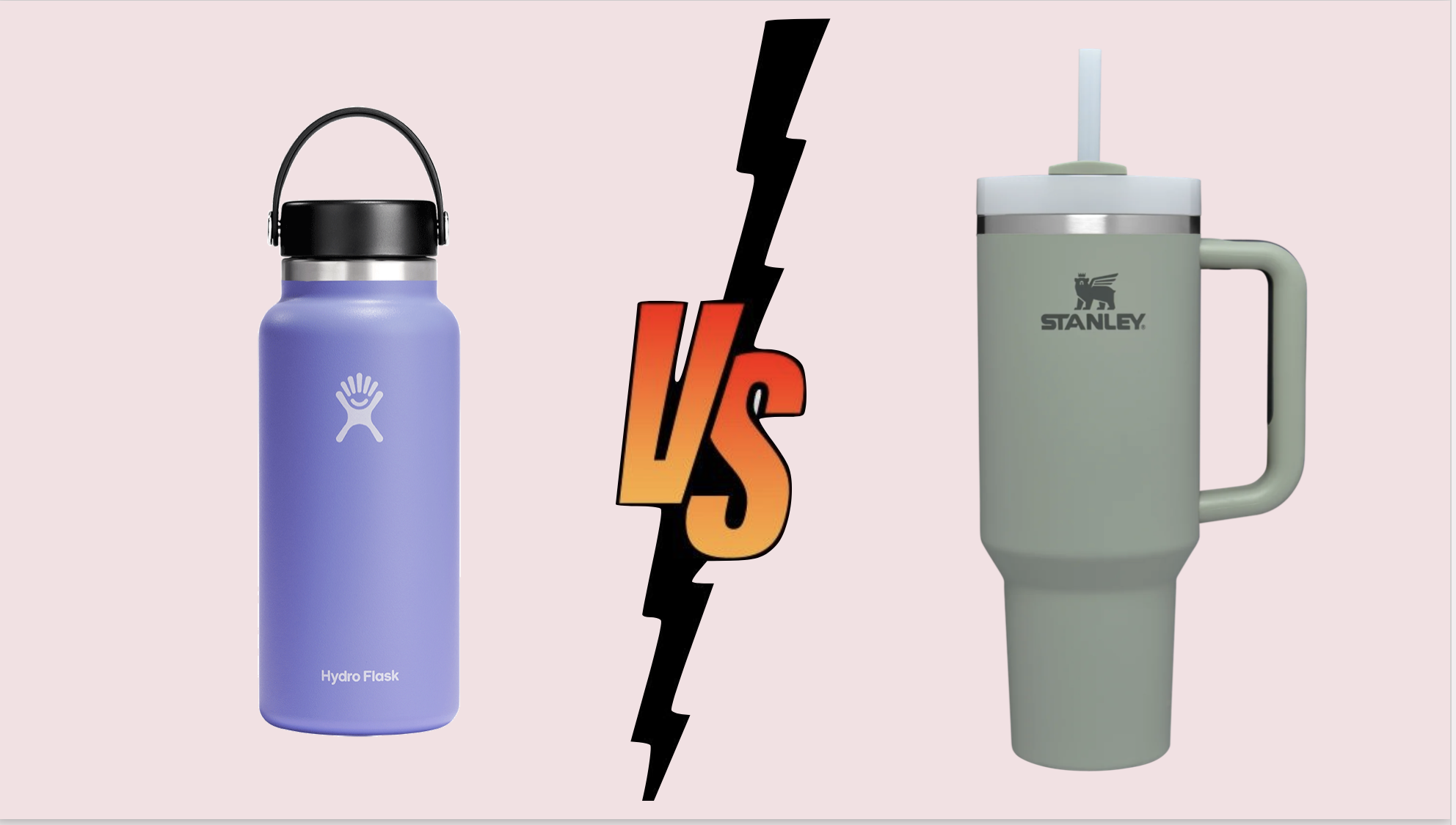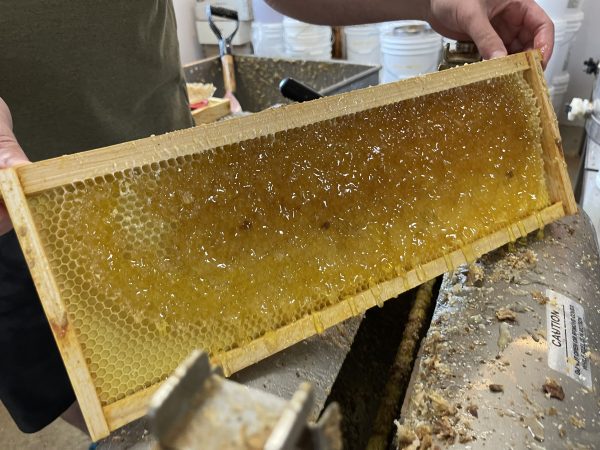When protein becomes dangerous
While protein is great for muscle recovery, the side effects of using muscle building supplements may be getting dangerous.
February 3, 2015
In a competitive high school athletic scene that values increasing success day by day, athletes do whatever it takes to get to the next level. One staple post-workout product for many athletes is protein supplements. These products have benefits and drawbacks that should be considered when using them.
It is clear that protein supplements have benefits for high school athletes, as they provide protein needed for muscles to recover properly and gain strength. “Protein helps to rebuild muscle torn down during intense training sessions and aids in the growth of new muscle tissue,” Mr. Rick Rigell, trainer at Discover Strength in Plymouth, said.
For junior Oscar Cleveland, using these products has been key to his growth. Being a member of the varsity soccer team, he has been using these products for over 2 years after every workout. “I use creatine and protein every day I work out – two scoops of protein and five grams of creatine,” Cleveland said.
Another reason why these products can be useful to athletes is because they allow for muscle recovery instantly, within minutes of the end of the workout. “Consuming a snack with around 20 grams of protein within 30 minutes of completing an intense workout will aid both in recovery and improved resting metabolism,” Rigell said.
Cleveland can empathize with this, as he likes having protein supplements because he can get protein in post-workout in other ways besides just eating. “I like protein supplements because I do not have to eat an excessive amount of protein through food, and I can take two scoops of protein and get 50 grams without having to eat,” Cleveland said.
Protein supplements do have drawbacks, however. One of the main disadvantages that is seen in these products is in the enormous cost that weighs down on buyers. “An obvious drawback to protein supplements is price. For the most part, it’s always going to be more economical to purchase regular food items than comparable amounts of supplements,” Rigell said.
Junior Charlie Wolfe agrees with this point of view. As a varsity wrestler, he notes not only the cost but also the unfair advantage it can give to athletes as downsides. “They’re really expensive and I think that’s the main disadvantage [and] they are a little bit unfair because it’s like paying money to have an advantage,” Wolfe said.
Rigell also acknowledges that they may include unwanted ingredients that are not allowed in the league that the athlete is participating in. “Protein supplements may contain banned and/or unwanted substances that could be damaging to one’s health or cause them to flunk a drug test,” he said.
In competitive high school athletics, these products are viewed as too performance enhancing instead of adding merely a little extra strength. “I think that the basic protein powder is mostly not cheating, but you get into creatine and that’s almost closer to steroids than to protein powder,” Wolfe said.
So, this poses the question of whether or not these products are overall beneficial to athletes and if they should use them or not. “Increased protein may be beneficial to High School athletes, but that protein doesn’t have to come from supplements,” Rigell said. “Before taking a protein supplement, or any supplement, for that matter, a high school athlete should talk to his or her parents, and his or her physician, to be certain that they are not doing anything potentially harmful to their health.”











































